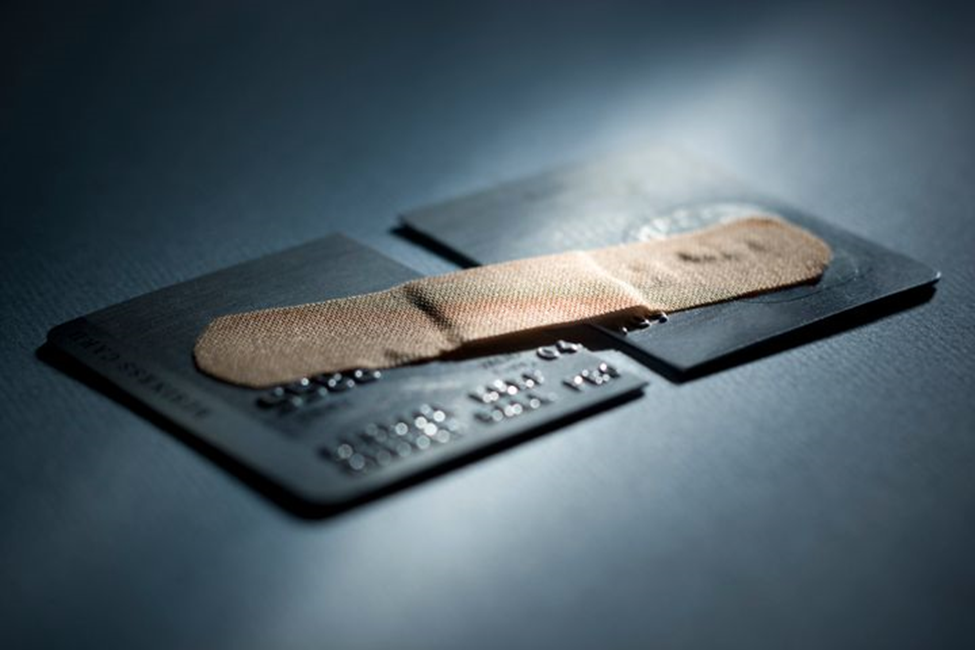
TrustWell’s Quarterly Market Review: Q1 2021
April 1, 2021
The Roth Conversion “Golden Window”
June 1, 2021By Chris Daunhauer
Following up on a previous TrustWell Insights post….and with great help from myfico.com…here are some ways to improve your credit score by correcting errors in your files at the credit reporting bureaus.
Per myfico.com, the most common complaint received by the Consumer Financial Protection Bureau is errors on a credit report. The high volume of this kind of complaint may indicate how important people think their credit score is OR it may indicate how easily errors get into one’s reports (and it may reflect both, of course). Regardless, people with good or even marginal credit should want accurate and up-to-date information in their files.
Almost 30% of the credit files examined by the Federal Trade Commission contained one or more errors. Common errors include:
- Another person’s name or account info on your credit report causing that other person’s credit history to be part of yours. This is often caused by that other person’s name being very similar to yours or that other person’s SSN being very close to yours.
- Payments you have made against your accounts were not credited to your account by your lender, or a payment history that was not reported by your lender to the credit bureaus.
- Incorrect closure notations from old accounts you had in the past. Accounts that you (as borrower) closed should not appear on your credit files as having been closed by the lenders.
- Legitimate accounts that you have (or had) that do not appear in your credit files — missing or incomplete account information, IOW.
- Information in your files from a former spouse, significant other, room-mate, or family member. Unless your name was on an account, information on that account should not appear in your credit files.
- Old accounts (accounts that have been closed or written off more than 7 to 10 years ago) that are still appearing in your files. That info should have aged out and dropped off.
- Accounts that you do not open or agree to be co-signer for. Having these on your credit files is a good sign your identity has been stolen (and that someone is using your good credit to open fraudulent accounts under your name or SSN instead of theirs).
What to do when you discover errors:
- Be proactive and take action quickly. Errors rarely resolve themselves. Gather supporting information about why you believe something in your files is an error.
- Become familiar with your rights under the Federal Fair Credit Reporting Act. Under that law, a credit reporting agency is required to, among other things:
- Share with you the information is has on you and on the account(s) in question
- Investigate information it has whose accuracy you dispute
- Correct or delete (within 30 days) any information you prove is an error
- Remove (or at least not report) information that is more than 7 to 10 years old
- Prevent disclosure of credit info to a person or business who does not have a valid need (such as a potential creditor, landlord, or employer)
- Prevent disclosure of your credit info to your employer unless you authorize such disclosure
- Identify the credit bureau whose report for you contains the error and go to the website for that bureau to find out how to open a dispute using your hard copy backup evidence. In your dispute filing, be specific about the particular errors in your files. Be clear and direct in your communications and what you want the bureau to do. Tell the bureau that you are following its process, that you are aware of your rights under the law, and that you expect an answer either way within 45 days or less.
- Also contact the lender in question (usually by an online process) and inform that lender you have disputed particular information about your account with a credit bureau. Include the same backup information in your communications with the lender and ask the lender to stop reporting incorrect information to the credit bureaus.
- If the dispute is NOT resolved in your favor, have the right to have a “consumer statement” included in your credit files that contains your side of the story.
There’s more information on correcting errors in multiple places on the web. Use the search terms “correcting credit report errors” and “disputing information in your credit files” to find more good reading. And remember, most of the companies who offer to do this work for you are scams. And those that are not scams won’t do anything for you that you cannot do for yourself.




